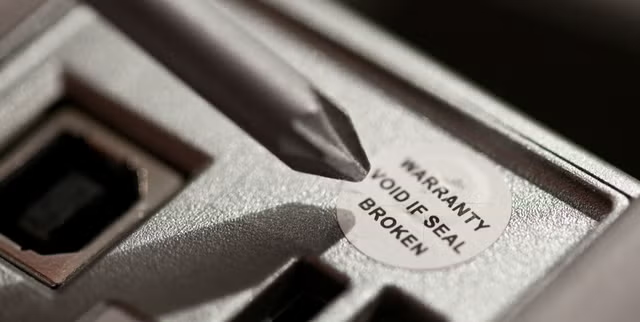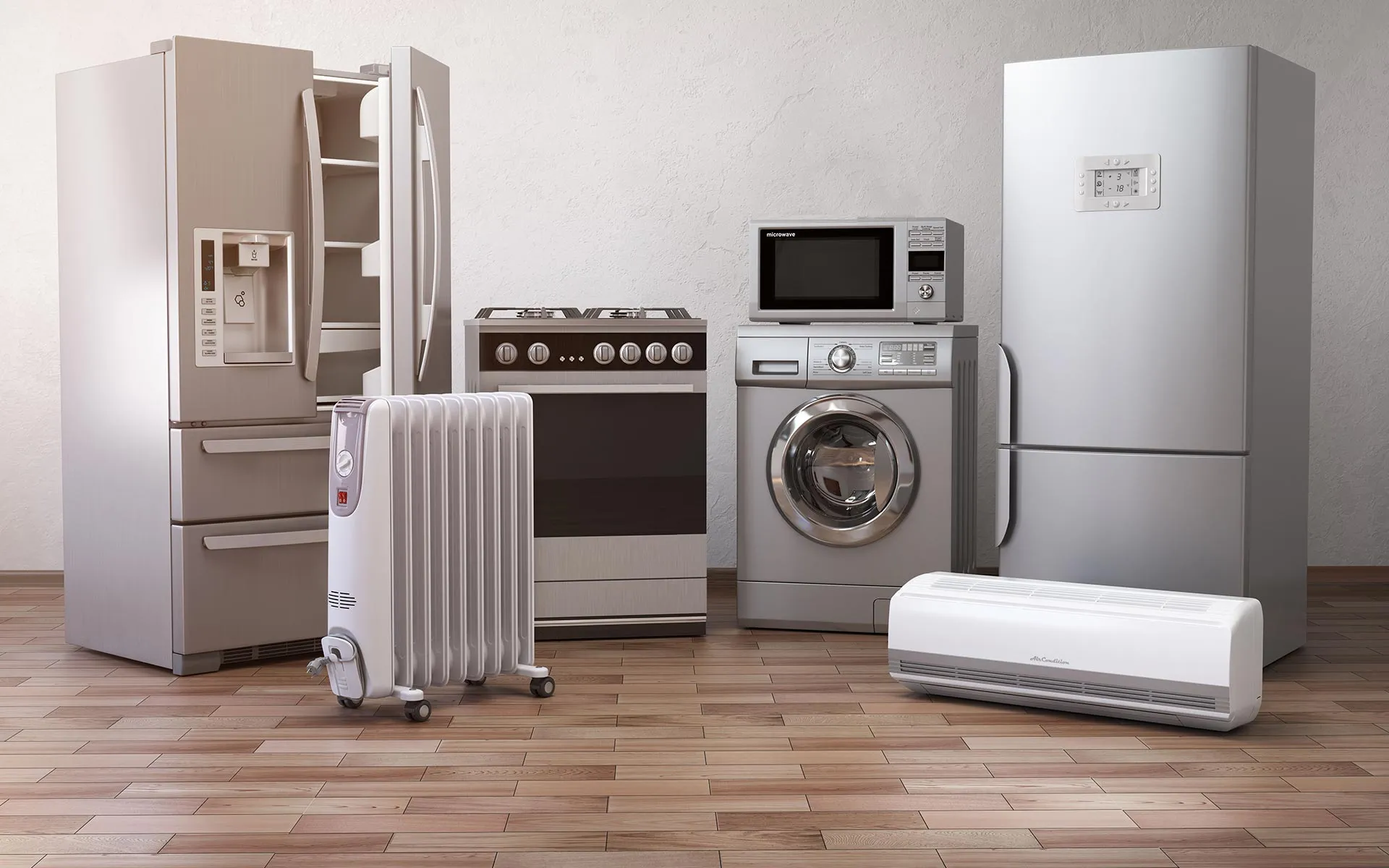What Voids an Appliance Warranty? Avoid These Common Mistakes
Appliances are a significant investment for any home. Whether it’s a high-end refrigerator, washer, or oven, most major appliances come with a manufacturer’s warranty to give you peace of mind. But here’s the catch — warranties aren’t foolproof. They come with terms and conditions, and violating any of them can result in the warranty being voided.
In this blog post, we’ll explore the top reasons an appliance warranty might be voided, how to avoid these mistakes, and what steps you can take to protect your investment.
Understanding Appliance Warranties
An appliance warranty is a manufacturer’s promise to repair or replace a product within a certain timeframe if it fails due to manufacturing defects. Most warranties are valid for one to five years and cover parts, labor, or both. However, these warranties are conditional. If you fail to follow the rules, the manufacturer can legally deny your claim.

Common Reasons Your Appliance Warranty May Be Voided
1. Improper Installation
One of the fastest ways to void an appliance warranty is by installing the product incorrectly. Manufacturers typically require professional installation, especially for complex appliances like dishwashers, gas ovens, or built-in refrigerators. DIY installation might seem like a way to save money, but if something goes wrong, you’ll likely be stuck with the repair bill.
Pro Tip: Always keep the installation receipt from a certified technician to provide proof if needed.
2. Using Unauthorized Service Providers
When your appliance breaks down, your first instinct might be to call a local repair technician. But if that technician is not authorized by the manufacturer, your warranty could be voided. Manufacturers have approved service networks trained specifically to handle their products. Unauthorized repairs may result in further damage or use of non-genuine parts.
Pro Tip: Check your warranty documentation or contact the manufacturer to find an authorized service provider.
3. Neglecting Regular Maintenance
Most warranties require you to perform routine maintenance. Failing to clean filters, vents, or other components may not only reduce the efficiency of your appliance but also violate your warranty terms. For example, neglecting to clean the lint trap in your dryer can lead to overheating and void the warranty.
Pro Tip: Keep a maintenance log with dates and tasks completed, and save receipts if you hire someone to perform maintenance.
4. Using the Appliance Outside Its Intended Use
Appliances are designed for specific purposes and environments. Using a residential appliance in a commercial setting — or placing an indoor appliance outdoors — can void the warranty. Even using the appliance for something other than its intended purpose (like using an oven as a space heater) is considered misuse.
Pro Tip: Only use the appliance as specified in the user manual.
5. Using Non-Genuine Replacement Parts
If you or a technician replaces a part with a non-OEM (Original Equipment Manufacturer) component, it could invalidate your warranty. While generic parts are often cheaper, they may not meet the quality standards set by the manufacturer and could cause further issues.
Pro Tip: Insist on OEM parts and get written confirmation from your service provider.
6. Tampering with or Modifying the Appliance
Customizing your appliance may void the warranty, especially if it involves altering the internal components or structure. Even removing labels or tampering with serial numbers can make the warranty null and void, as the manufacturer can no longer verify the product’s origin or model.
Pro Tip: Avoid making modifications unless the manufacturer specifically allows it.
7. Failure to Register the Product
Some manufacturers require you to register your appliance online or via mail within a certain period after purchase. Failure to register the product may reduce the coverage or void the warranty altogether.
Pro Tip: Register your product as soon as you purchase it and save the confirmation email or letter.
8. Improper Use of Cleaning Products
Using abrasive or harsh cleaning chemicals can damage appliance surfaces, seals, or internal mechanisms. If a manufacturer finds that a cleaning product not recommended in the user manual was used, your warranty claim may be denied.
Pro Tip: Follow the manufacturer’s cleaning instructions closely and use only recommended products.
9. Lack of Proof of Purchase
If you can't provide a dated receipt or invoice, the manufacturer may not honor the warranty. The proof of purchase is essential in confirming that the warranty is still active.
Pro Tip: Store receipts and warranty paperwork in a safe, easily accessible place.
What to Do if Your Warranty Is Voided
If you find that your appliance warranty has been voided, don’t panic. You still have options:
- Check if extended warranties or home insurance cover it.
- Contact a reliable repair service for professional diagnostics and repair.
- Inquire about discounted service programs or maintenance plans.
Final Thoughts
Your appliance warranty is a valuable safety net — but only if you follow the rules. From ensuring proper installation to using approved repair services, simple oversights can lead to costly out-of-pocket repairs. By understanding what voids an appliance warranty and taking steps to avoid these mistakes, you can enjoy peace of mind and extend the life of your home appliances.
